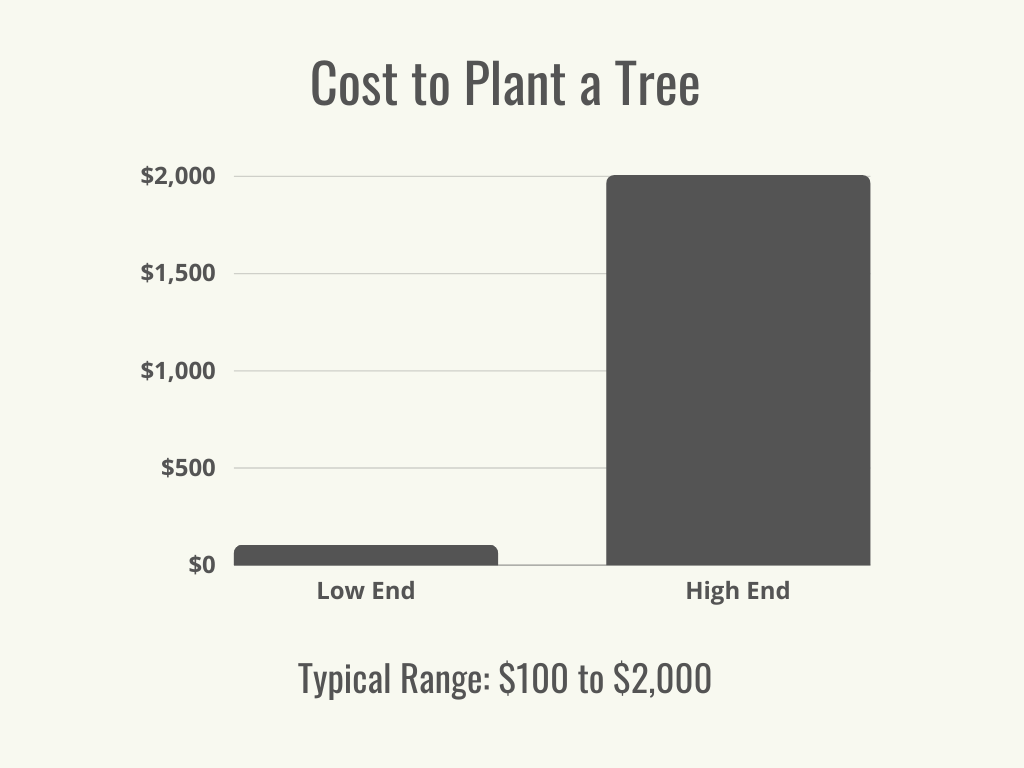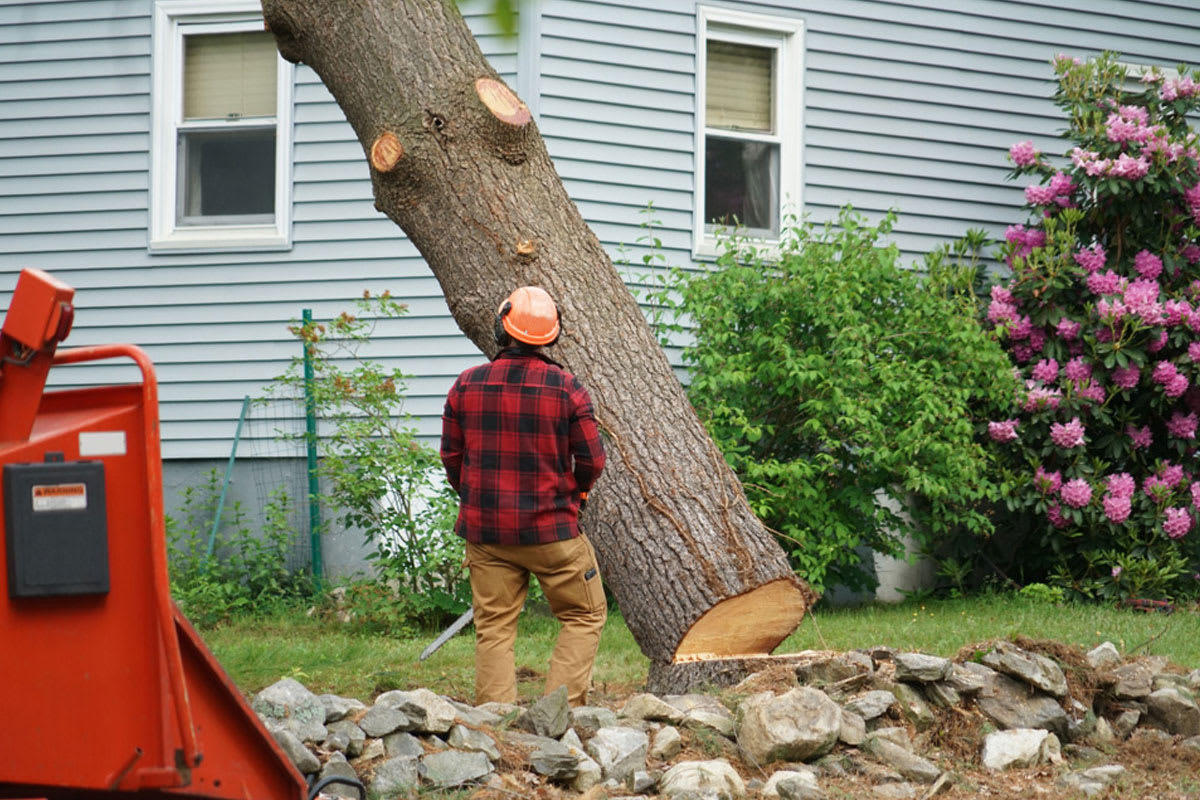Featured
Table of Contents
- – Thonotosassa, FL Stump Grinding Service Cost G...
- – Thonotosassa, FL Arborist Referral Discounts
- – Thonotosassa, FL Stump Grinding Reviews And P...
- – Coverage Costs For Arborist In Thonotosassa, FL
- – What Will An Tree Cutting Cost Me In Thonotos...
- – Liability Costs For Tree Service In Thonotosa...
- – Thonotosassa, FL Stump Removal Customer Revie...
- – Thonotosassa, FL Stump Removal: Real Cost Br...
- – Cheap Tree Service In Thonotosassa, FL
- – Why Hire A Tree Trimming In Thonotosassa, FL?
- – Free Arborist Quotes In Thonotosassa, FL
- – Thonotosassa, FL Stump Grinding Reviews And ...
- – Latest Tree Removal Pricing In Thonotosassa,...
- – Complex Tree Clearing Costs In Thonotosassa,...
- – Thonotosassa, FL Tree Removal Trade-In Progr...

The subsections listed below provide more comprehensive information about rates, including a typical variety for each. TypeAverage Removal CostPineConiferPalmMagnoliaArborvitaeAshCedarSweet GumEucalyptusSycamoreCypressOakMaplePoplar You can anticipate to pay in between to eliminate a pine, depending on its size. Removing a pine is among the more inexpensive tasks unless it is one that has actually been around for several years and is quite big.
Thonotosassa, FL Stump Grinding Service Cost Guide
Pines also have a tap root that grows deep into the soil, which can show to be more challenging to remove. The process itself involves an expert cutting the tree, clearing the base, cutting the surface roots, removing the stump, and finally dealing with the soil. Without a professional hand, you risk leaving pine seedlings behind, which will fall from the roots of distressed pines.
Thonotosassa, FL Arborist Referral Discounts
The U.S. national average for conifer elimination is around to have the conifer lowered, hauled away, and the stump ground or gotten rid of completely. Conifers are usually much easier to eliminate, and despite the fact that they can grow quite high, they do not cost a fortune to remove. Conifers consist of pine, spruce, fir, and juniper trees.
Thonotosassa, FL Stump Grinding Reviews And Pricing
While conifers are stunning, they eliminate native plants and specific types of turf (arborist). The typical cost of palm removal depends on the height as much as the type, ranging from.
Coverage Costs For Arborist In Thonotosassa, FL
That is why it is very important to know which type you are eliminating. While you do not need an herbicide to kill a palm tree, there are some steps your elimination professional will need to require to guarantee the job is done properly. There are two ways they can get rid of them: by chopping them down or digging them up.
What Will An Tree Cutting Cost Me In Thonotosassa, FL?
This is since small animals like rats and scorpions often live in them. Plus, many types will have spikes, too. From there, they get rid of the real tree and after that the stump. Expect to pay between to eliminate this type of tree, depending upon the specific size and details of the task.
Liability Costs For Tree Service In Thonotosassa, FL
There are 3 types: green, white, and black ash. With its gray-tinged bark, its leaves are green or purple in the spring and golden yellow or purplish-red in the fall.
Thonotosassa, FL Stump Removal Customer Reviews: Pricing

The bark is softer, and it blooms later on in the year - tree trimming. Due to the variation in height, the elimination rate variance is wide from. A coniferous, evergreen tree, the cedar is a durable types. Real cedars take pleasure in greater altitudes, generally in the Mountain ranges and the Mediterranean. A real cedar can grow as high as 160 feet in height and is frequently planted in the United States as a landscape option.
Thonotosassa, FL Stump Removal: Real Cost Breakdown
The growth of incorrect cedars differs from 50 feet up to 230 feet high. With star-shaped leaves and sensational fall colors, the sweet gum is considered a medium to large tree.
Cheap Tree Service In Thonotosassa, FL
It has a big root base of 40 to 50 feet, which impacts the removal cost. Normally, it costs between to get rid of a eucalyptus. Eucalyptus are not common everywhere, but they are rather big compared to others, which is why even the smaller ones are so pricey to eliminate. Originally from Australia, eucalyptus are intrusive plants that grow in thick groves that secure native plants.
Why Hire A Tree Trimming In Thonotosassa, FL?
There are a handful of methods to do this, including burning, pulling, grinding, or eliminating them with herbicide. Expect to pay in between to remove sycamores, based upon the height, trunk size, and quantity of work involved. Sycamores are among the biggest wood trees, generally ranging from 60 to 100 feet tall and as large as 15 feet.
Free Arborist Quotes In Thonotosassa, FL
The first two steps will expose the withins of the tree and cut off the flow of nutrients up the trunk. From there, an expert applies herbicide to eliminate the tree and cuts down the trunk.
Thonotosassa, FL Stump Grinding Reviews And Costs
There are lots of different types of Cypress trees, however the most common are the Leyland, Arizona, Bald, and Italian. The Bald Cypress grows in swampy or very moist locations while the others take pleasure in a dry, warm, or hot climate (tree removal). They can grow as high as 80 to 100 feet tall
Latest Tree Removal Pricing In Thonotosassa, FL

Prone to diseases, the Cypress is one of the most prized woods for furnishings. The typical oak grows to around 60 feet, and depending on the complexity of the elimination, it costs an average of to get rid of. The precise size of your oak and the effort required to fell it impact what you will actually spend for removal along with any extra services like stump grinding.
Complex Tree Clearing Costs In Thonotosassa, FL
Access to the trees and the roots will likewise impact the general expense. Maples are usually amongst the more costly trees to get rid of because of their size and the work involved in the elimination.
Thonotosassa, FL Tree Removal Trade-In Programs: Costs
Poplars are giants of the types. Growing as high as 90 to 115 feet, these huge lumbers are primarily found in The United States and Canada and consist of the aspen, cottonwood, and balsam trees. Boasting an expansive root system, poplars can be pricey to remove when fully grown. The procedure to eliminate trees includes all the cutting and cutting of the branches and trunk, bringing it down to a stump.
Table of Contents
- – Thonotosassa, FL Stump Grinding Service Cost G...
- – Thonotosassa, FL Arborist Referral Discounts
- – Thonotosassa, FL Stump Grinding Reviews And P...
- – Coverage Costs For Arborist In Thonotosassa, FL
- – What Will An Tree Cutting Cost Me In Thonotos...
- – Liability Costs For Tree Service In Thonotosa...
- – Thonotosassa, FL Stump Removal Customer Revie...
- – Thonotosassa, FL Stump Removal: Real Cost Br...
- – Cheap Tree Service In Thonotosassa, FL
- – Why Hire A Tree Trimming In Thonotosassa, FL?
- – Free Arborist Quotes In Thonotosassa, FL
- – Thonotosassa, FL Stump Grinding Reviews And ...
- – Latest Tree Removal Pricing In Thonotosassa,...
- – Complex Tree Clearing Costs In Thonotosassa,...
- – Thonotosassa, FL Tree Removal Trade-In Progr...
Latest Posts
Tree Cutting Pricing In Spartanburg, SC
Extended Tree Trimming Service Plans In Ponca City, OK
Thonotosassa, FL Tree Removal Rates: What To Know
More
Latest Posts
Tree Cutting Pricing In Spartanburg, SC
Extended Tree Trimming Service Plans In Ponca City, OK
Thonotosassa, FL Tree Removal Rates: What To Know